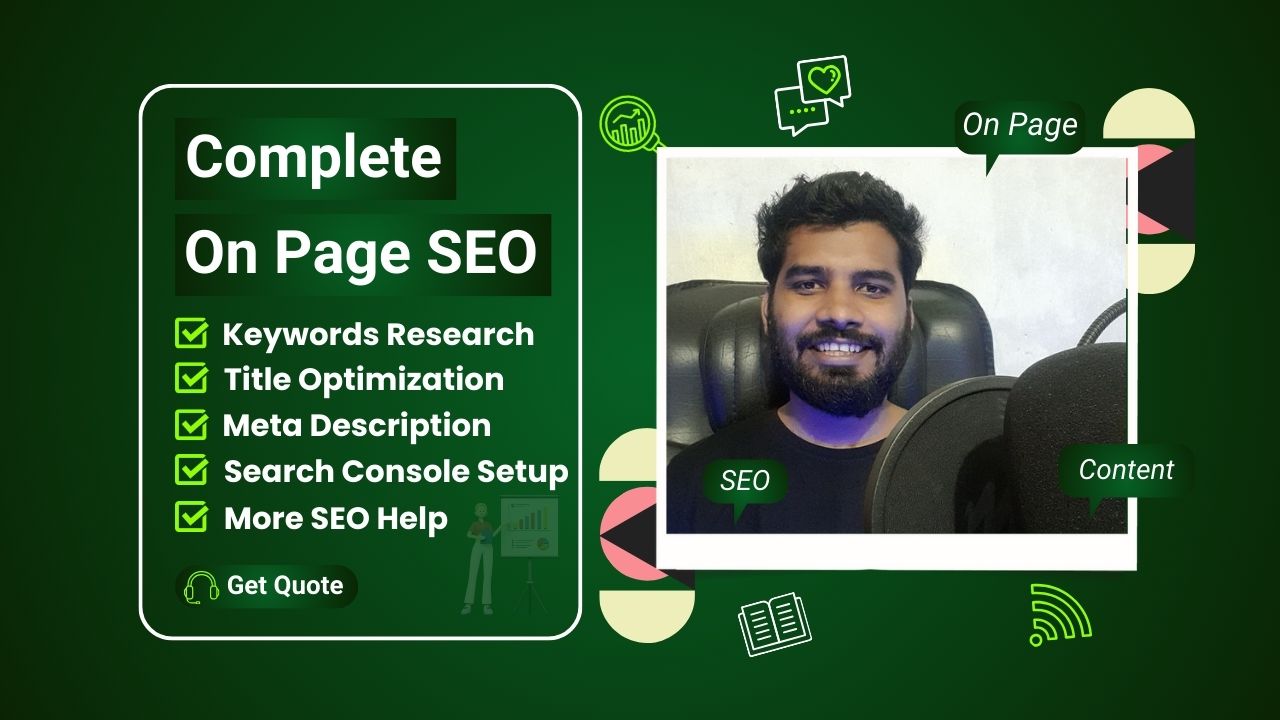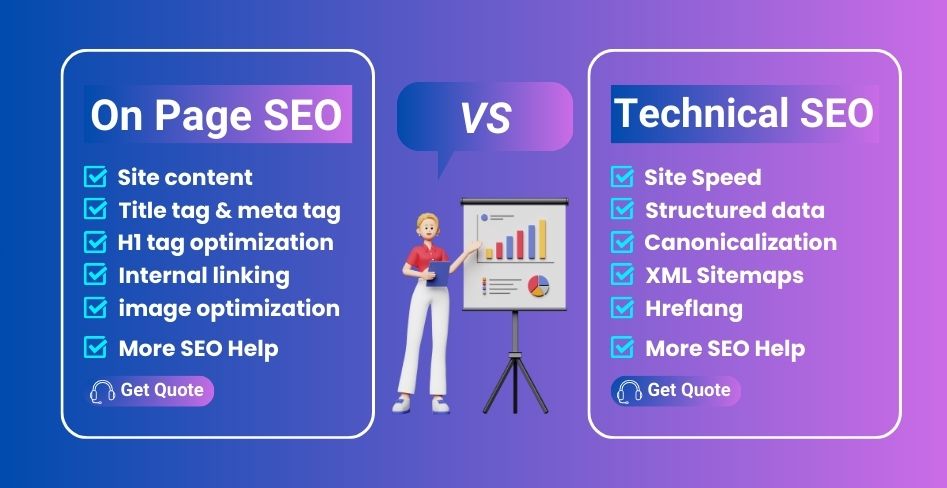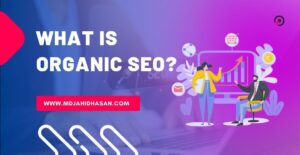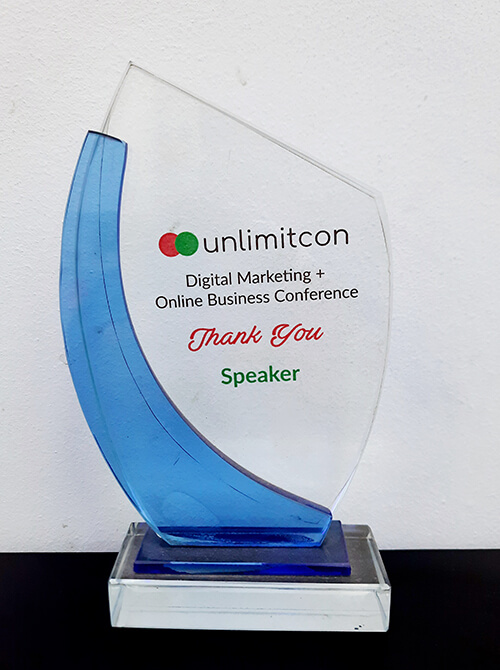On-Page SEO vs Technical SEO Differences and Implementation Strategies
Search Engine Optimization (SEO), two crucial components stand out: On-Page SEO and Technical SEO. While both are integral to improving a website’s search engine rankings, they operate in distinct ways. Understanding the disparities and implementation strategies of On-Page SEO and Technical SEO is vital for any digital marketer or website owner aiming to enhance online visibility and drive organic traffic.
What is On-Page SEO?

On-page SEO refers to the optimization efforts made directly on the website’s pages to improve its search engine rankings and attract relevant organic traffic. It involves optimizing content, HTML source code, and various elements visible to users. Key aspects of On-Page SEO include:
Keyword Optimization:
Strategic placement of relevant keywords throughout the content, meta tags, and headings to signal the topic and relevance of the page to search engines.
High-Quality Content:
Creating engaging, informative, and original content that satisfies user intent and provides value, thereby increasing dwell time and reducing bounce rates.
Title Tags and Meta Descriptions:
Writing compelling title tags and meta descriptions containing target keywords to enhance click-through rates.
URL Structure:
Ensuring that URLs are concise, descriptive, and contain target keywords to enhance readability and crawlability.
Internal Linking:
Establishing a network of internal links to guide users and search engine crawlers to relevant pages within the website.
Image Optimization:
Optimizing images with descriptive file names, alt tags, and appropriate sizes to improve user experience and search engine crawlability.
What is Technical SEO?
Technical SEO focuses on optimizing the technical aspects of a website to improve its search engine visibility and ensure smooth crawling and indexing by search engine bots. It deals with the backend elements that affect website performance and accessibility. Key components of Technical SEO include:
Website Speed Optimization:
Improving page load times through techniques such as image optimization, minification of CSS and JavaScript files, and leveraging browser caching.
Mobile-Friendliness:
Ensuring that the website is responsive and renders effectively on various devices, particularly mobile phones, to cater to the increasing number of mobile users.
XML Sitemap:
Creating and submitting XML sitemaps to search engines to help them understand the website structure and index pages efficiently.
Robots.txt File:
Configuring the robots.txt file to control search engine crawlers’ access to specific areas of the website.
Schema Markup:
Implementing structured data markup to provide search engines with additional context about the website’s content and enhance rich snippets in search results.
Crawlability and Indexability:
Removing crawl errors, optimizing robots.txt files, and implementing XML sitemaps to facilitate efficient crawling and indexing by search engine bots.
Site Structure and Navigation:
Organizing site structure hierarchically, optimizing internal linking, and implementing breadcrumb navigation for enhanced user experience and crawlability.
Why do we need technical SEO and on-page seo?
Technical SEO and On-Page SEO serve different yet equally important purposes in optimizing a website for search engines. Here’s why both are necessary:
Comprehensive Optimization:
Technical SEO and On-Page SEO together provide a holistic approach to website optimization. While On-Page SEO focuses on optimizing content and HTML elements visible to users, Technical SEO addresses backend aspects that affect website performance and accessibility. By implementing both, you ensure that your website is fully optimized for search engines and provides a seamless user experience.
Improved Search Engine Rankings:
Search engines consider both content relevance and website usability when ranking pages. On-page SEO ensures that your content is relevant, engaging, and optimized for target keywords, which helps improve your rankings for specific search queries. Technical SEO, on the other hand, ensures that search engine crawlers can easily access and index your website’s content, leading to better visibility in search results.
Enhanced User Experience:
Technical SEO optimizations such as improving site speed, implementing mobile-friendliness, and ensuring proper site structure contribute to a better user experience. A fast-loading, mobile-responsive website with intuitive navigation enhances user satisfaction and encourages longer dwell times, ultimately leading to higher rankings and increased organic traffic.
Crawlability and Indexability:
Technical SEO optimizations such as XML sitemaps, robots.txt configuration, and canonical tags help search engine crawlers navigate and understand your website’s structure. This ensures that all relevant pages are crawled and indexed properly, preventing issues like duplicate content and crawl errors that could negatively impact your rankings.
Long-Term Sustainability:
Both Technical SEO and On-Page SEO lay the foundation for long-term success in search engine rankings. Technical SEO optimizations improve the overall health and performance of your website, making it more resilient to algorithm updates and changes in search engine guidelines. On-page SEO optimizations help create valuable, high-quality content that continues to attract organic traffic and engagement over time.
Key Differences Between On-Page SEO and Technical SEO:
While both On-Page SEO and Technical SEO aim to improve a website’s search engine visibility, they differ in their focus and implementation:
Focus:
- On-page SEO focuses on optimizing content and HTML elements directly visible to users.
- Technical SEO concentrates on improving website infrastructure and backend elements to enhance crawling, indexing, and site performance.
Implementation:
-
- On-page SEO implementation involves content creation, keyword optimization, and internal linking within the website.
- Technical SEO implementation requires addressing issues related to site speed, mobile-friendliness, XML sitemaps, and structured data markup.
On-Page SEO Implementation:
Effective On-Page SEO implementation involves:
- Conducting keyword research to identify relevant target keywords.
- Creating high-quality, informative content optimized around target keywords.
- Optimizing title tags, meta descriptions, and URLs for improved click-through rates and relevance.
- Implementing internal linking to establish a logical website structure and distribute link equity.
- Optimizing images with descriptive filenames and alt tags.
Technical SEO Implementation:
Successful Technical SEO implementation includes:
- Optimizing site speed by minimizing CSS and JavaScript files, optimizing images, and leveraging browser caching.
- Ensuring mobile-friendliness by using responsive design and optimizing viewport settings.
- Generating and submitting XML sitemaps to search engines and monitoring crawl errors.
- Configuring the robots.txt file to control search engine crawler access and prevent crawling of irrelevant pages.
- Implementing schema markup to provide search engines with structured data about the website’s content.
Conclusion:
On-page SEO and Technical SEO are integral components of a comprehensive SEO strategy, each focusing on different aspects of website optimization. While On-Page SEO enhances the visibility and relevance of individual pages through content and HTML optimization, Technical SEO ensures the website’s infrastructure and backend elements are optimized for search engine crawling, indexing, and user experience. By understanding the key differences and implementing strategies for both On-Page and Technical SEO, website owners and digital marketers can improve their website’s search engine rankings, attract organic traffic, and achieve their online goals.










